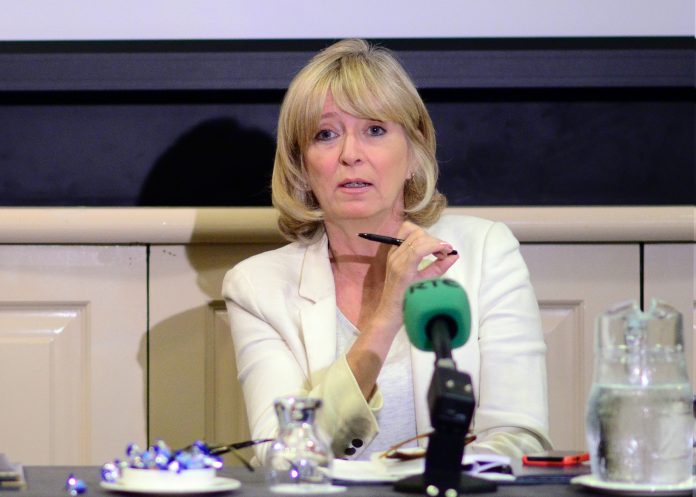European Ombudsman Emily O’Reilly is today progressing three separate inquiries into the lack of transparency of decision-making of national governments at EU level.
These inquires follow her 2017 inquiry into the Council legislative process aimed at increasing the accountability of national governments when discussing and agreeing EU laws.
The first inquiry: New inquiry into how the EU handles Eurogroup documents and makes them public or not, examining the three technical committees comprised of national civil servants that prepare the Eurogroup ministerial meetings. Documents showing when these committees (Economic and Financial Committee, Eurogroup Working Group, and Economic Policy Committee) meet and what they discuss are not public, making it extremely difficult for citizens to monitor Eurozone governance.
“The financial crisis showed the impact of Eurogroup decisions on the lives of millions. This will increase with the introduction of a Eurozone budget. I want to give citizens a visible thread to follow when EU decisions are made by their national Ministers, and on what basis,” said Ms O’Reilly.
The second inquiry: New inquiry into the lack of transparency about the basis for national ministers’ annual decisions on fishing quotas.
“The famous all night meetings of ministers in Brussels are completely behind closed doors and yet make important decisions for the sustainability of fishing stocks and of jobs in fishing communities around Europe,” said Ms O’Reilly.
The third inquiry: In a separate ongoing Commission inquiry, today Ms O’Reilly issued a finding of maladministration for the refusal to provide public access to documents on the positions taken by national authorities on the risk of pesticides to bees.
“In 2013, EFSA produced guidelines on the impact of pesticides on bees. However, some national authorities are blocking their implementation by the Commission. This is entirely their decision, but when they make it, European citizens have a right to know the position their own government took, just as they should at member state level. Biodiversity is a particularly important issue,” said Ms O’Reilly.
Annual Report 2018
Today, the Ombudsman also launches her Annual Report for 2018. Concerns about transparency in the EU administration accounted for the biggest proportion of the Ombudsman’s cases (24.6%) in 2018.
The year also saw the number of complaints rise again (+17%) marking citizens’ increased awareness of the office.
In 2018, the Ombudsman’s issued a Special Report to the European Parliament asking it to support her proposals on improving transparency in the Council of the EU (it did so overwhelming in January 2019) and carried out a public consultation on the use of languages by the EU institutions.
The Ombudsman also published a number of proposals to strengthen revolving door rules in the EU institutions; and drew up a list of best practices for preventing sexual or psychological harassment in the EU administration.
The complete Annual Report 2018 is available here.

